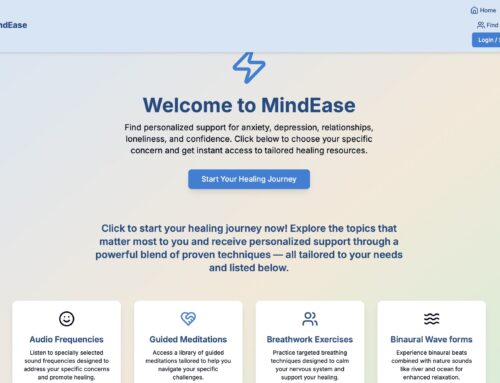Vestibulum ante ipsum primis
Saying no is essential for our protection and well-being for several reasons:
1. **Setting Boundaries**: It helps establish personal boundaries, ensuring that others respect your limits and needs.
2. **Preventing Overwhelm**: Saying no can prevent you from taking on too much responsibility or stress, allowing you to maintain a manageable workload and mental health.
3. **Prioritizing Values**: It allows you to prioritize your own values and goals, focusing on what truly matters to you rather than being swayed by external pressures.
4. **Promoting Self-Respect**: When you assertively say no, it reinforces your self-esteem and self-respect, showing that you value your time and well-being.
5. **Fostering Healthy Relationships**: It encourages open communication and mutual respect in relationships, ensuring that both parties understand and honor each other’s needs.
6. **Avoiding Burnout**: By declining additional commitments, you can protect your energy levels and avoid burnout, maintaining your overall health.
Ultimately, saying no is a vital skill that empowers you to take control of your life and well-being.

Learning to say no can be challenging but is an important skill to develop.
Here are some tips to help you:
1. Know Your Values: Clarify your priorities and what matters most to you. This will help you determine when to say no.
2. Practice Assertiveness: Use clear and confident language. You can practice phrases like, “I can’t take that on right now,” or “I need to focus on other commitments.”
3. Start Small: Begin by saying no to minor requests. This will build your confidence for bigger situations.
4. Be Honest, But Brief: You don’t owe anyone a long explanation. A simple, honest response is often enough.
5. Offer Alternatives: If appropriate, suggest another time or a different person who might help. This shows you’re still willing to support, just not at that moment.
6. Stay Firm: If someone pushes back, repeat your no calmly. It’s okay to stand your ground.
7. Practice Self-Compassion: Remind yourself that it’s okay to prioritize your own needs and that saying no doesn’t make you a bad person.
8. Reflect on Outcomes: After saying no, reflect on how it felt and the responses you received. This will help reinforce your ability to say no in the future.
By practicing these strategies, you can become more comfortable with saying no and protecting your time and well-being. This is for your own good and in longterm also for your loved one.
Hypnotherapy Counseling Sessions: Learn to Say No with Confidence
Does this resonate to you? Are you struggling to assert your boundaries and often find yourself overwhelmed by commitments? Join my hypnotherapy counseling sessions designed to empower you to say no confidently and respectfully!
What You’ll Gain:
Increased Confidence: Learn to express your needs and desires without guilt.
Effective Communication: Develop skills to communicate assertively and set clear boundaries.
Stress Reduction: Discover techniques to manage the anxiety that comes with saying no.
Personal Empowerment: Cultivate a stronger sense of self-worth and the ability to prioritize your well-being.
Why Hypnotherapy?
Hypnotherapy can help access your subconscious mind, allowing you to reframe your thoughts and beliefs around saying no. This process can lead to lasting changes in how you respond to requests and pressures.




